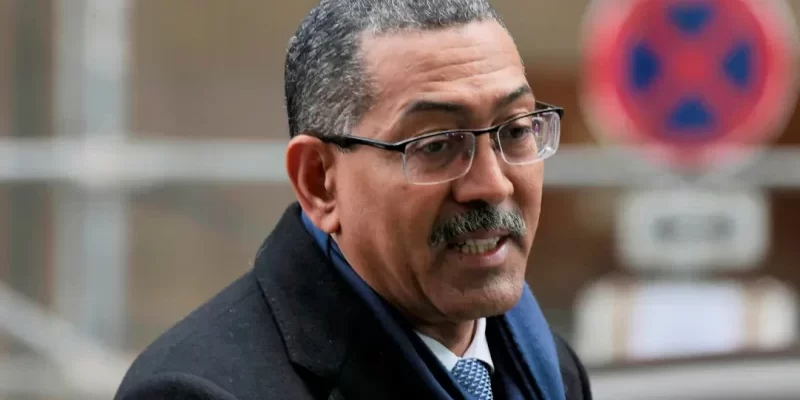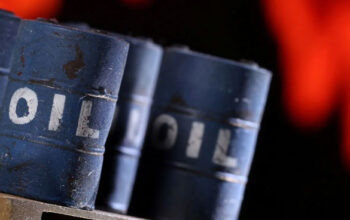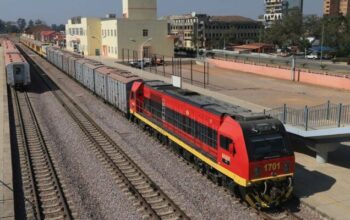On Wednesday, the Minister of Mineral Resources, Oil and Gas, Diamantino Azevedo, stated that fuel pricing is the “main variable” driving smuggling in Angola.
He advocated for adjusting fuel prices to align with those of neighboring countries.
“The primary factor in fuel smuggling is the price difference between us and our neighboring countries. This disparity significantly motivates smuggling.
If we eliminate that variable, what will smuggling be for?” Azevedo remarked during the opening of a training seminar for journalists focused on the hydrocarbons sector in Luanda.
He emphasized that if fuel prices in Angola were comparable to those in the Democratic Republic of Congo (DRC), which shares a long land and river border with Angola, the smuggling business would become unprofitable.
“However, achieving this is not simple. We made our first attempt with the recent removal of fuel subsidies, but aligning prices is the solution in the short, medium, and long term.
We need to maintain an average price similar to the region,” he explained at the seminar organized by his ministry in collaboration with the Association of Economic Journalists of Angola.
The issue of fuel smuggling in Angola has led to the drafting of a specific legal framework and the establishment of a multi-sectoral commission, headed by the Minister of State and Chief of the Military Household of the President of the Republic.
This initiative followed a visit by President João Lourenço to the province of Zaire, where the governor highlighted the challenges posed by smuggling.
Authorities have identified individuals from security forces, the business community, and former government officials allegedly involved in fuel smuggling, which the government claims has caused “enormous damage” to the country’s socio-economic landscape.
Azevedo outlined the goals and challenges facing the sector during President Lourenço’s administration, highlighting reforms initiated with the establishment of the National Agency for Oil, Gas, and Biofuels (ANPG), as well as the Regulatory Institute for Petroleum Derivatives (IRDP).
The ANPG regulates exploration activities, while the IRDP oversees refining and distribution. “This was a fundamental change that many resisted, including some Angolans.
The greatest corruption issues in Angola stem from the oil sector,” he noted, attributing some of these issues to the previous governance system in place for oil.
During his hour-and-a-half speech, Azevedo also indicated that Angola’s daily oil production, currently at one million barrels, is declining due to depleting reserves and insufficient investment.
He expressed confidence that the recent bidding strategy for oil block exploration, sector modernization efforts, and newly approved legislation and institutions over the past seven years would help counteract the current decline.
Furthermore, he challenged the state-owned Sonangol to boost its share of national oil production, stating that it currently manages only 2% of the total output in Angola and should aim to increase this to 10%.
“We challenge Sonangol because 2% is insignificant. We need to see more Angolan companies participating in the oil sector,” concluded Diamantino Azevedo.
![]()




